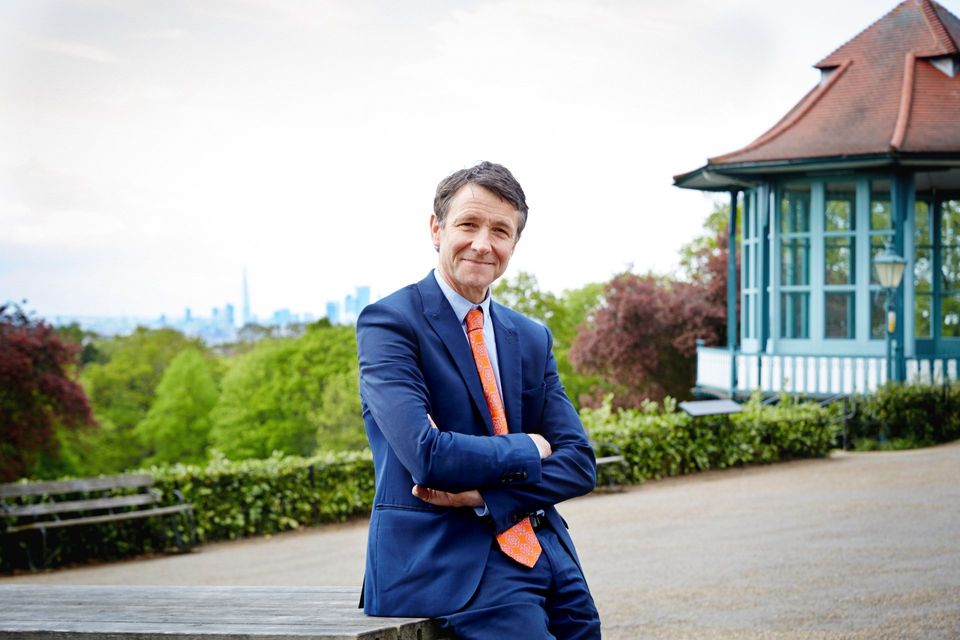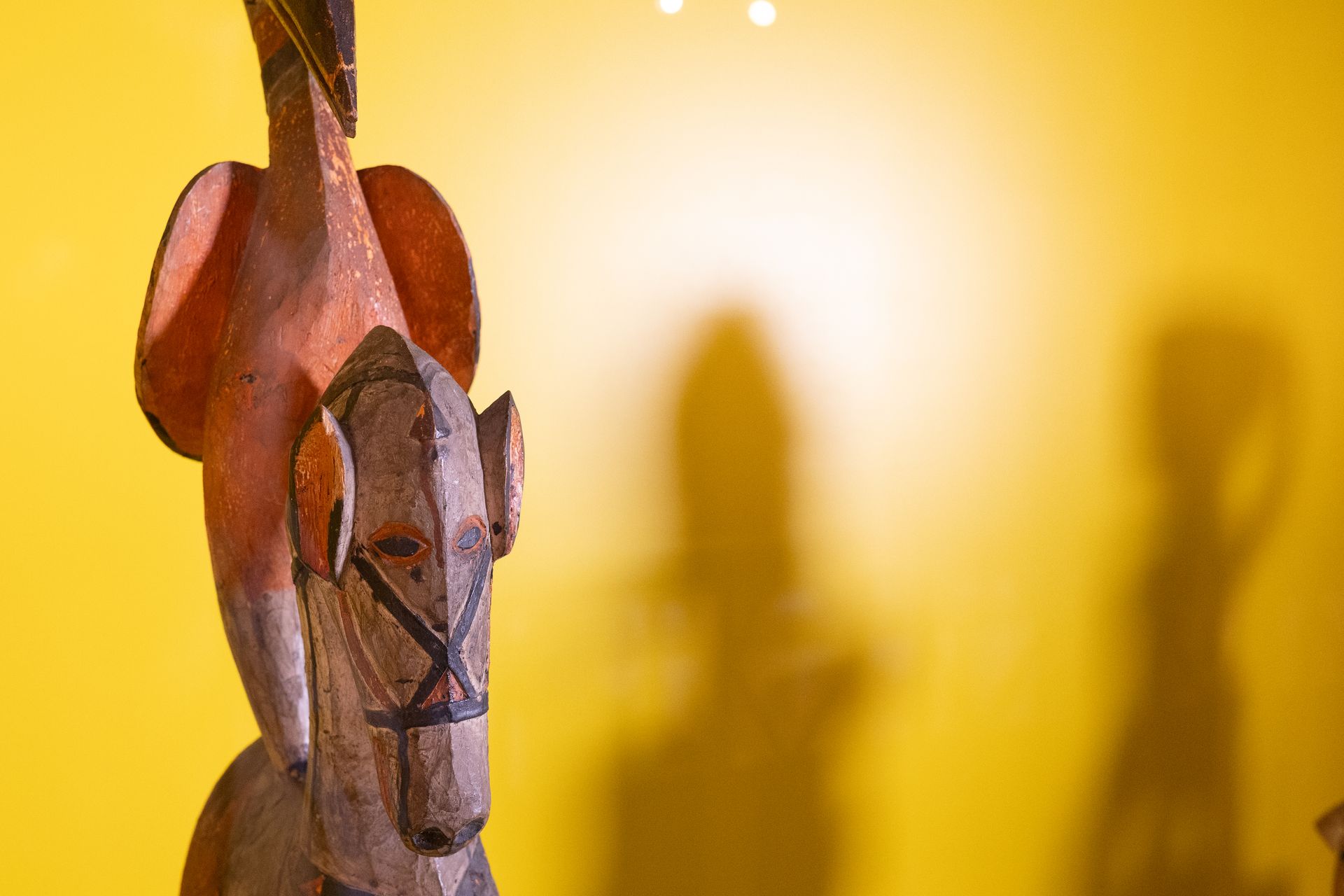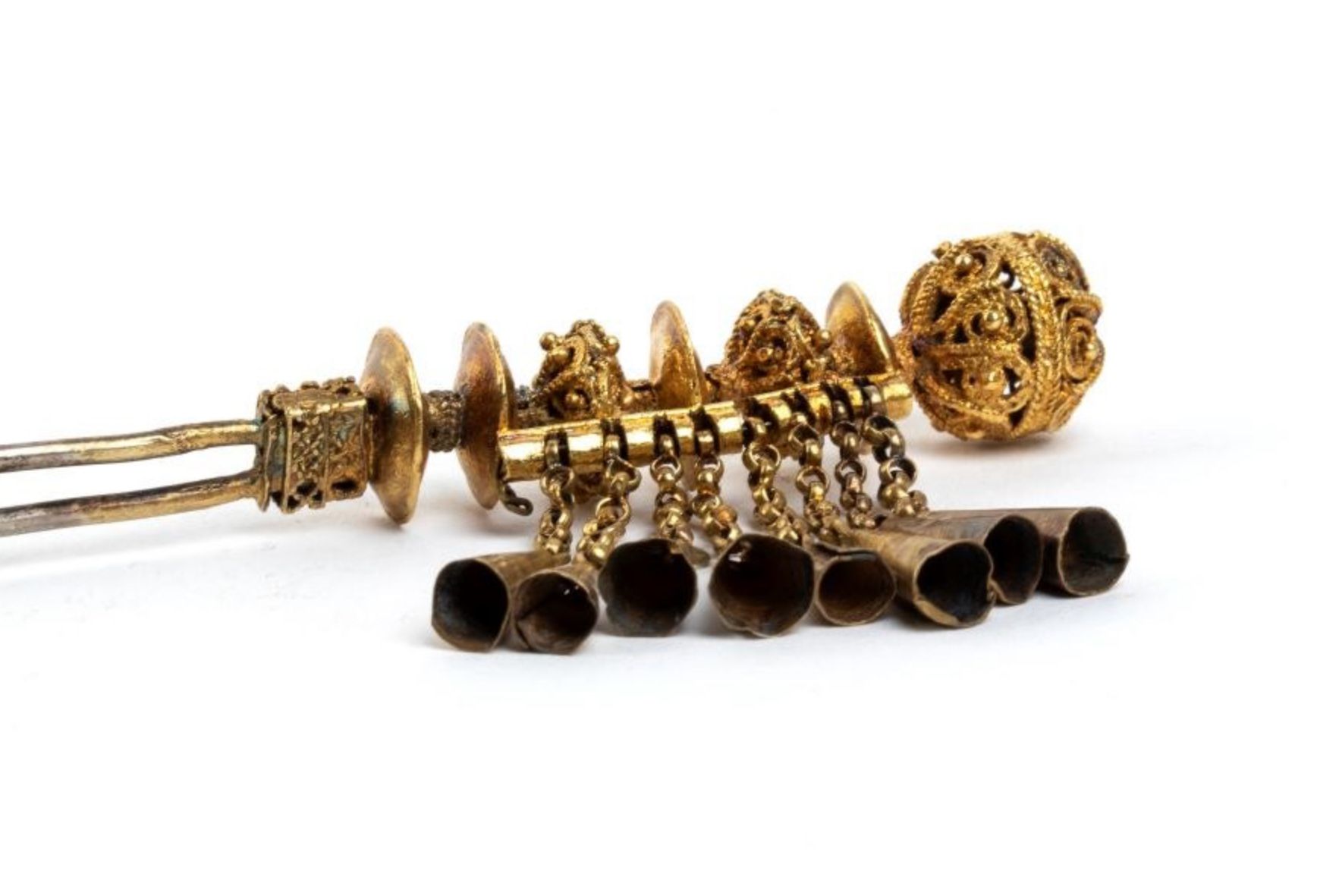Cultural Restitution
SHARE ARTICLE
A fresh set of eyes has brought an exciting new perspective and way of thinking about restitution to London’s Horniman Museum and Gardens.
When Nick Merriman arrived as Director at the Horniman in May 2018 he wanted to create a project which moved thinking beyond a focus on returning objects and more towards building long-term relationships between collections and source communities.
“This is a project about re-thinking relationships,” he explained during a telephone interview with Returningheritage.com , “after which the question about returning objects will become easier to answer”.
Residing alongside the Museum’s ‘colonial’ collection, one of international significance that includes 50 objects believed looted during the military invasion of Benin City in 1897, is a large Nigerian diaspora living close to the Museum in Forest Hill. Merriman decided their voice should help determine the future of the Museum’s Benin collection.
“Usually, the debate around restitution and all things that go with it has been between one country or one institution and another in the UK. But we felt there was an important voice missing in all of this, which is the opinions of those diaspora communities living in the UK.”
The Museum's readiness to consult with local communities on contested objects is in marked contrast to the stance adopted by the larger national collections, whose ability to listen and respond to the voice of source communities is restricted by legal constraints.
If consultation with the Nigerian diaspora ultimately leads to a decision to return some or all of the Museum's Benin objects, there remains an intriguing prospect of similar conversations with diaspora communities around the UK helping other ‘regional’ collections chart their own path through the restitution maze.
Africa and, in particular, the different colonial histories of Kenya and Nigeria, is centre stage in the Horniman’s review, which follows growing public interest in looted Benin items outside Nigeria*. Pressure on museums to return items looted following the sacking of Benin City in February 1897, has been relentless. For Merriman, recent announcements such as Jesus College, Cambridge's decision to return a
Bronze Cockerel
to the Court of Benin, confirm his view that a groundswell of opinion is now ready to look at the issue of restitution through a “social lens”.
The local community was last consulted about these objects more than twenty years ago, when it was felt the Museum’s Benin material should remain on display in London. This new project will check whether that view is still valid or whether local views have changed.
Discussions with the local diaspora were being organised before the Coronavirus overtook all the Museum's activities, leading to the temporary closure of its collections and the suspension of all scheduled project conversations.
Meanwhile, members of the Benin Dialogue Group, the consortium of western museums holding Benin material which is helping to establish a permanent display of Benin artefacts in Benin City, will be keeping a close eye on developments as they unfold. Officially, the Horniman only has ‘observer’ status on this Group.
Any decision by the Museum's trustees to return their Benin objects to Nigeria on a permanent basis would contrast strongly with the Benin Dialogue Group’s current position, which involves a rolling programme of loans.
“I don’t think there’s any necessary incompatibility between what they’re doing and what we’re doing,” insists Merriman. “We haven’t decided to do anything yet. It could be the answer is simply that we would participate in the rolling programme of loans”.
Nevertheless, the Museum’s trustees are keeping an open mind. “Absolutely nothing is ruled out at the moment”, says Merriman.
“Our trustees are mindful they are independent of other bodies and will take their own view, taking into account what I think the implications are for other organisations if a large-scale restitution did happen.”
* ‘Rethinking Relationships and Building Trust around African Collections’ is a partnership project with The Pitt Rivers Museum, Oxford, The Museum of Archaeology and Anthropology, Cambridge and The World Museum, Liverpool
Photo: World Gallery at the Horniman Museum and Gardens
Courtesy of The Horniman Museum and Gardens
COMMENT
Richard Fitzwilliams (02 April '20)
This is a fascinating post and the Museum's outlook is very much in tune with the times. To consult the local Nigerian diaspora about the future of these objects is an extremely imaginative example of how sensitive issues linked to restitution can be handled.
More News




